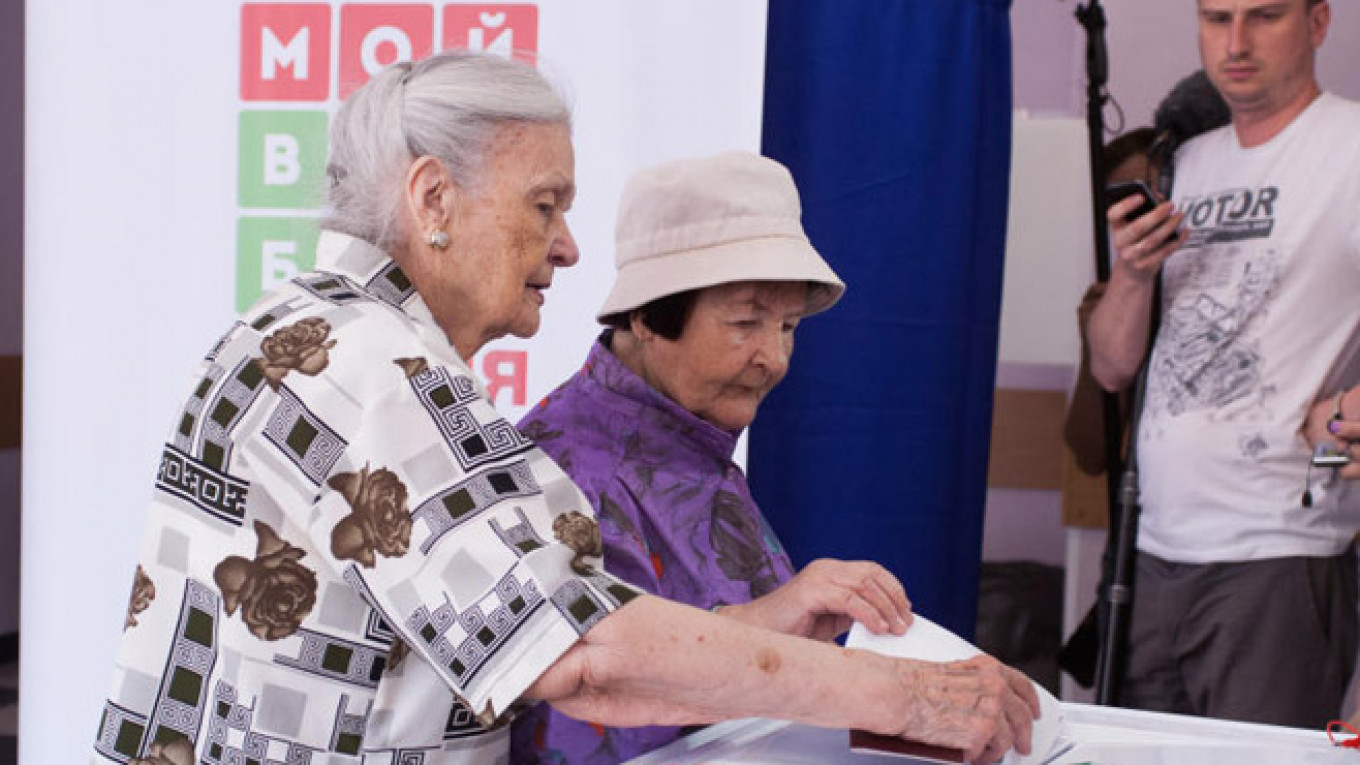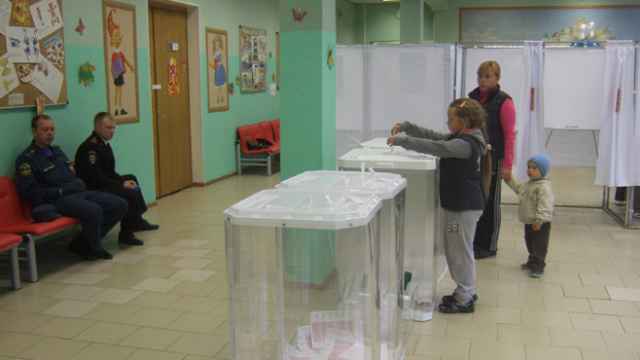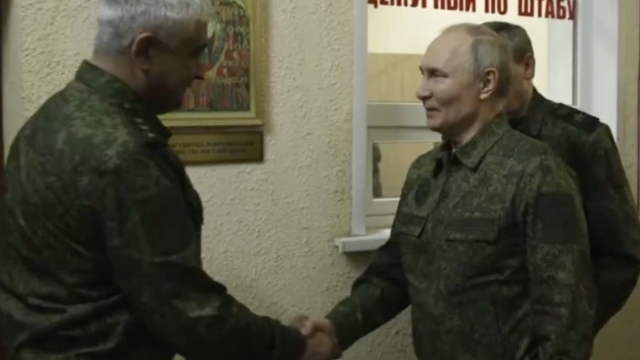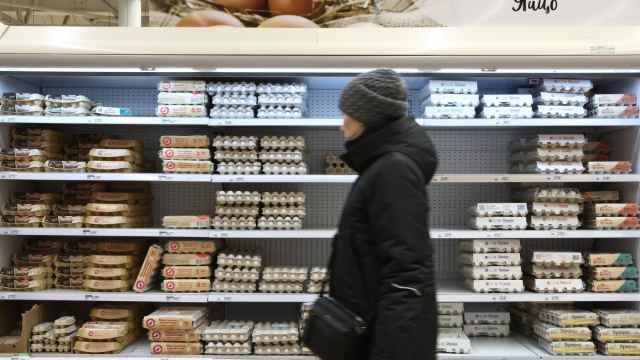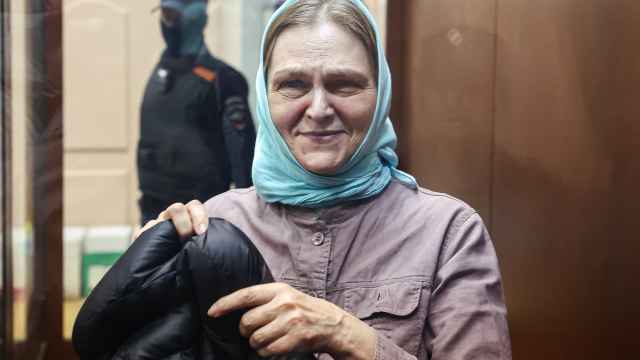A mathematical analysis of the latest round of Russian regional elections revealed that competition at the polls was statistically nonexistent.
The study, conducted by the liberal NGO Civil Initiatives Committee and released Thursday, examined the so-called effective number of parties and candidates, a concept used in political studies since the 1970s.
While the number stood at 2.25 during the 2007 State Duma elections, it slid below 2 during 28 of 30 gubernatorial elections held on Sept. 14 of this year, according to the study.
The figure shows there was no real competition at the 6,000 elections held across 84 of 85 Russian regions, including Moscow, St. Petersburg and newly annexed Crimea, according to the study.
Nominees with the ruling United Russia, predominantly incumbents, carried most of the gubernatorial elections this month, many scoring between 70 and 90 percent of their respective votes.
The effective number of parties also hovered around 2 at most regional legislature elections, which meant that competition was limited to one dominant party and a few featherweight challengers, the report said.
United Russia swept all 14 legislature votes across the nation, leaving only a handful of mandates to so-called "old parties" — the Communists, the national-populist LDPR and the leftist A Just Russia — all of which are known to frequently side with the Kremlin.
The study blamed the decrease in electoral competition on authorities using technicalities to weed out most strong contenders, including from the "non-systemic opposition," which led the failed mass street protests against the Kremlin in Moscow in 2011-13.
The situation has led to a decrease in voter turnout throughout most regions, the study said. In Moscow, the turnout was 21 percent, the lowest since the fall of the Soviet Union.
Neither the Kremlin nor United Russia representatives have commented on the study as of this article's publication.
The Civil Initiatives Committee is the brainchild of former Finance Minister Alexei Kudrin, a longtime ally of President Vladimir Putin who joined the moderate wing of political opposition after being sacked in 2011.
A Message from The Moscow Times:
Dear readers,
We are facing unprecedented challenges. Russia's Prosecutor General's Office has designated The Moscow Times as an "undesirable" organization, criminalizing our work and putting our staff at risk of prosecution. This follows our earlier unjust labeling as a "foreign agent."
These actions are direct attempts to silence independent journalism in Russia. The authorities claim our work "discredits the decisions of the Russian leadership." We see things differently: we strive to provide accurate, unbiased reporting on Russia.
We, the journalists of The Moscow Times, refuse to be silenced. But to continue our work, we need your help.
Your support, no matter how small, makes a world of difference. If you can, please support us monthly starting from just $2. It's quick to set up, and every contribution makes a significant impact.
By supporting The Moscow Times, you're defending open, independent journalism in the face of repression. Thank you for standing with us.
Remind me later.


